Best Seasons for Poison Oak Removal
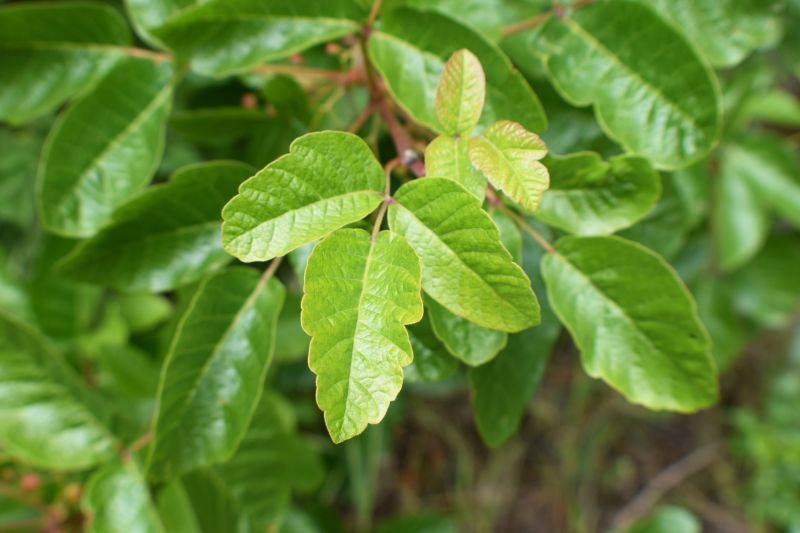
Poison oak is actively growing and most vulnerable to removal during early spring before it fully leafs out.
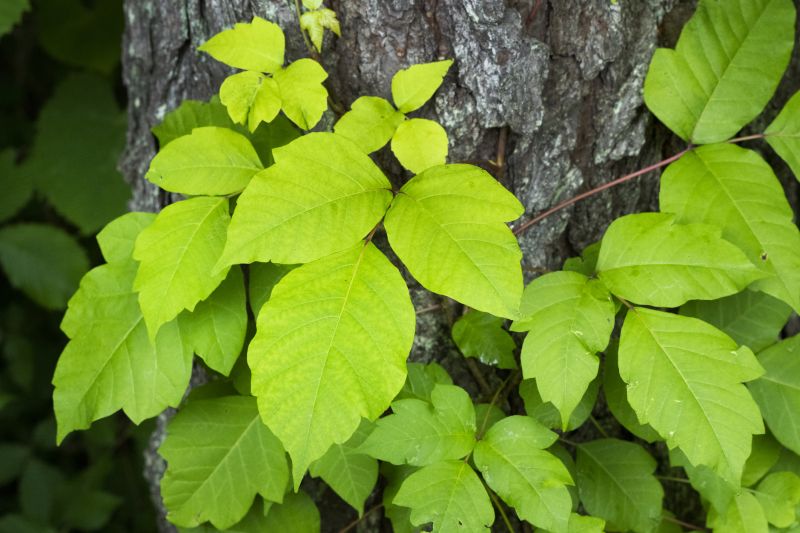
In summer, poison oak is at its peak, making removal more challenging but still effective if done properly.
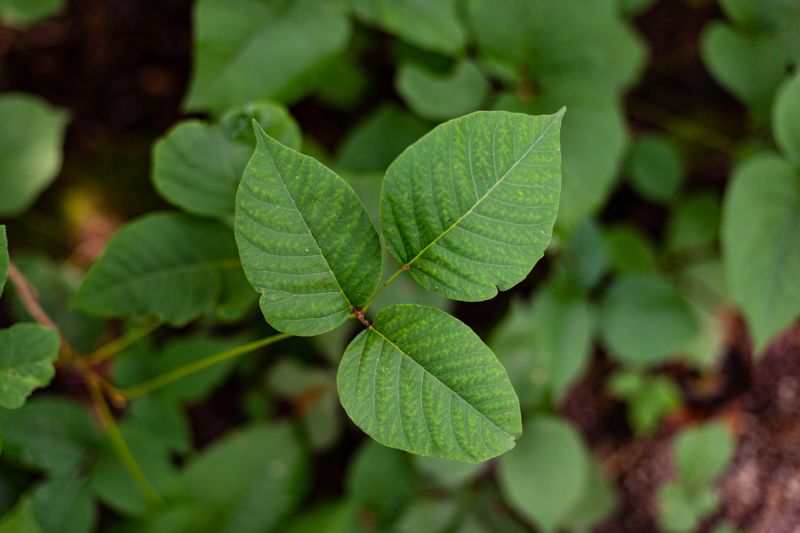
Late fall and winter are ideal for removal as the plant enters dormancy, reducing the risk of skin irritation and improving control.
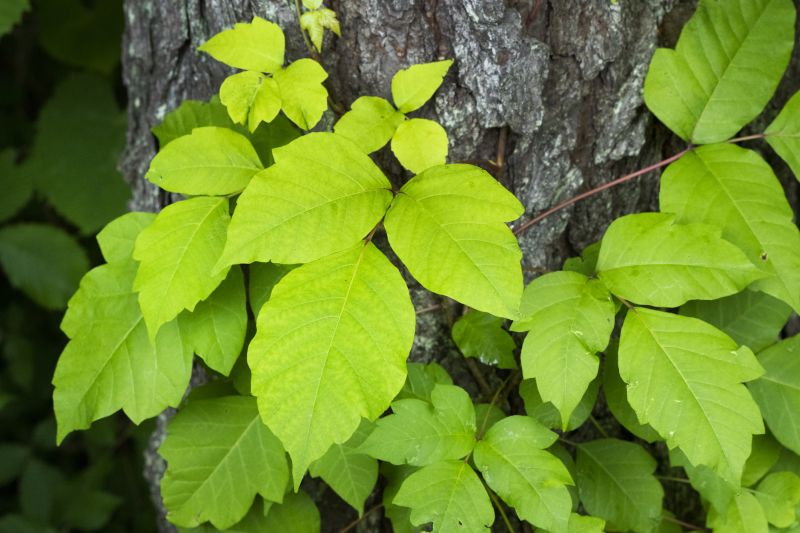
Ways to make Poison Oak Removal And Controls work in tight or awkward layouts.
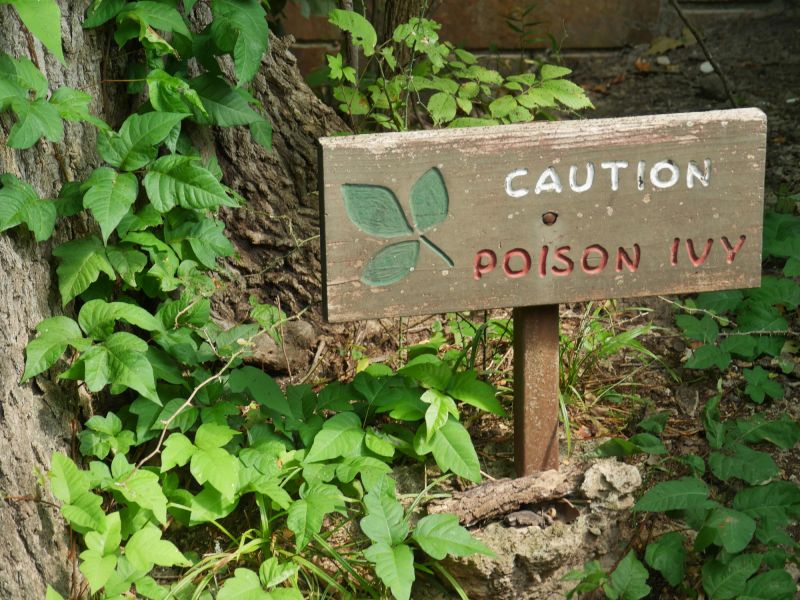
Popular materials for Poison Oak Removal And Controls and why they hold up over time.
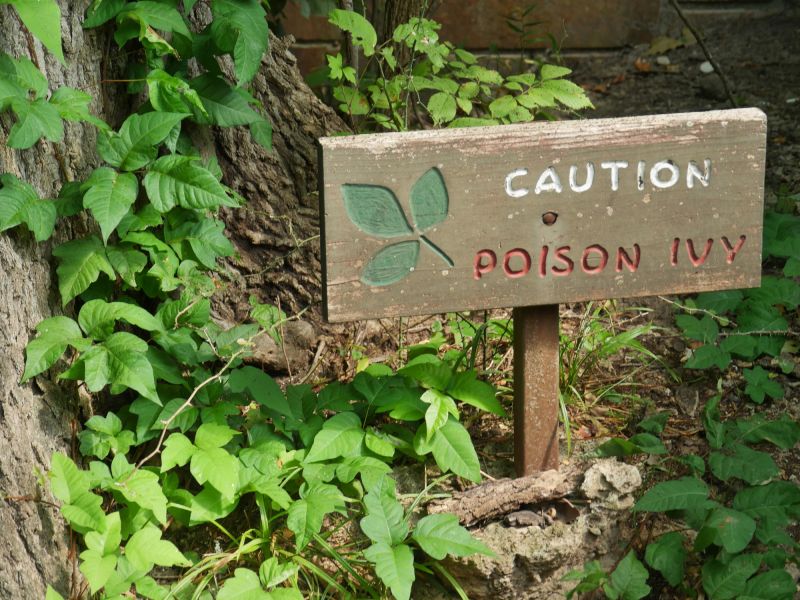
Simple add-ons that improve Poison Oak Removal And Controls without blowing the budget.
Poison oak removal and controls are most effective when timed appropriately to the plant's growth cycle. Early intervention during spring can prevent the spread and reduce the number of mature plants. Summer treatments can be successful but require careful handling due to increased plant density. Fall and winter offer the best conditions for removal, as the plants are dormant and less likely to cause skin irritation.
Statistics indicate that removal during dormancy results in higher success rates, with a decrease in regrowth. Proper timing ensures that herbicides and manual removal methods are more effective, minimizing the risk of skin contact and environmental impact.
Understanding seasonal growth helps determine optimal removal times for poison oak control.
Herbicides are most effective when applied during dormancy or early growth stages.
Timing removal during low-growth periods reduces exposure risks for workers and property owners.
Proper timing minimizes herbicide runoff and environmental disturbance.
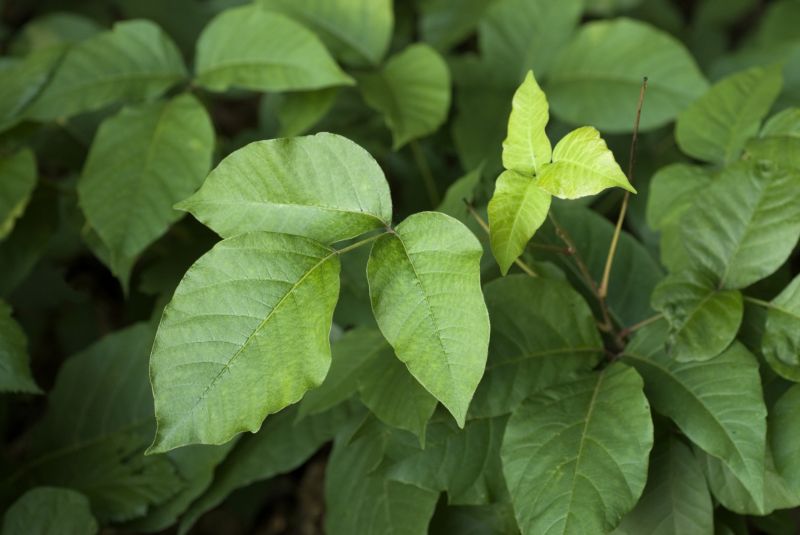
Young plants with fresh leaves are easier to remove before full growth.
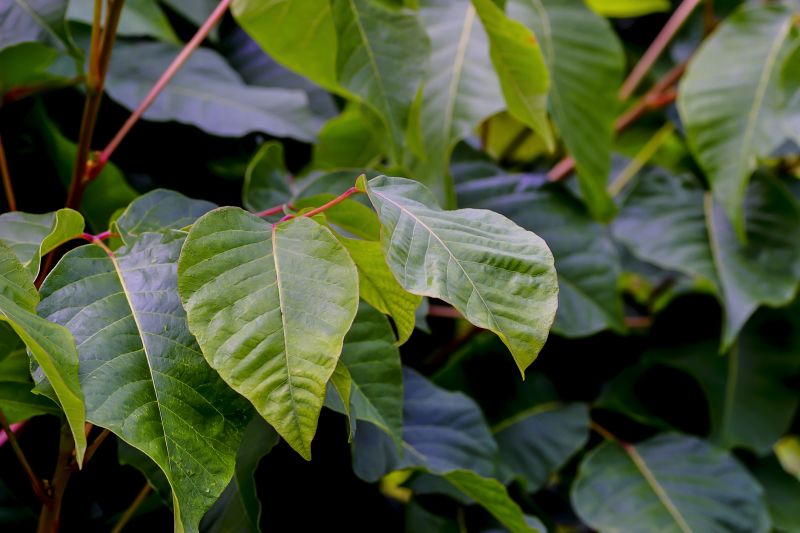
Mature plants with dense foliage; removal requires caution.
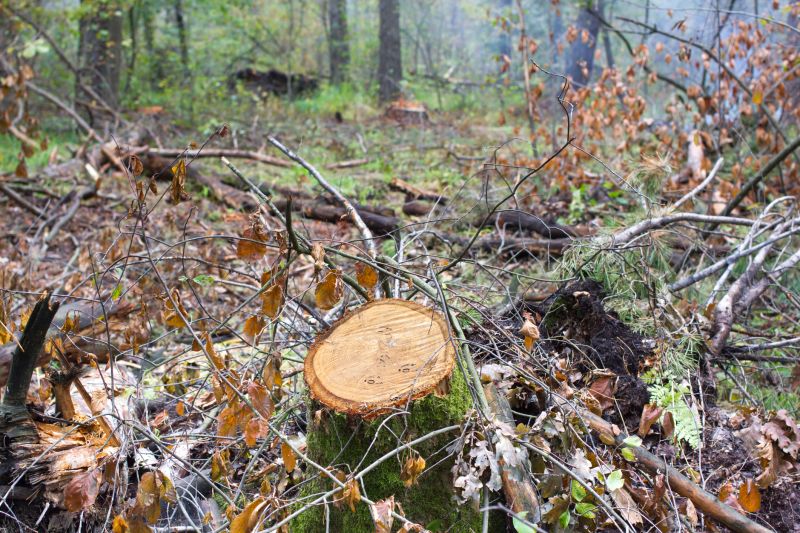
Plants begin to die back, making removal safer and more effective.
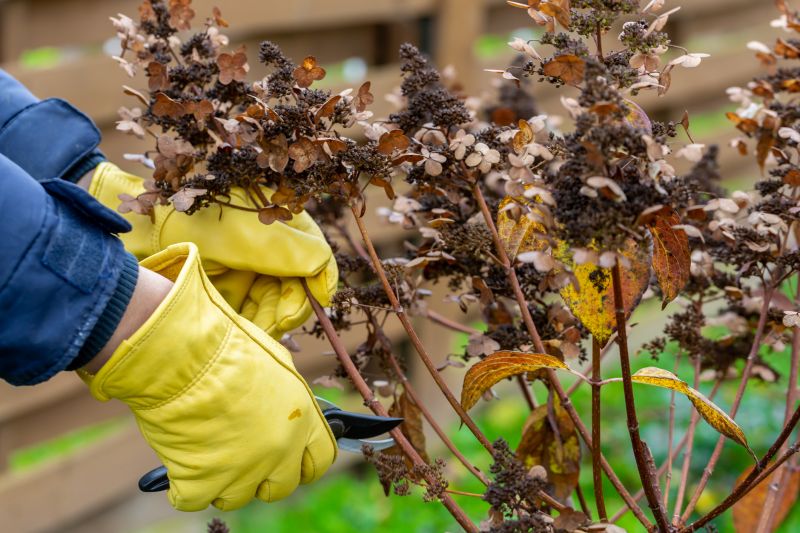
Plants are dormant, reducing allergen exposure during removal.
| Season | Best Removal Practices |
|---|---|
| Spring | Target young plants before full leaf expansion. |
| Summer | Use protective gear; treat mature plants carefully. |
| Fall | Remove plants as they begin to die back. |
| Winter | Ideal for dormant plants; minimal allergen risk. |
| Early Summer | Effective for spot treatments before full growth. |
| Late Fall | Prepares site for next season's growth control. |
Timing poison oak removal according to seasonal growth patterns enhances control success and safety. Properly scheduled treatments reduce the likelihood of regrowth and minimize exposure to allergens. Consulting with professionals can ensure that the timing aligns with specific site conditions and plant maturity.
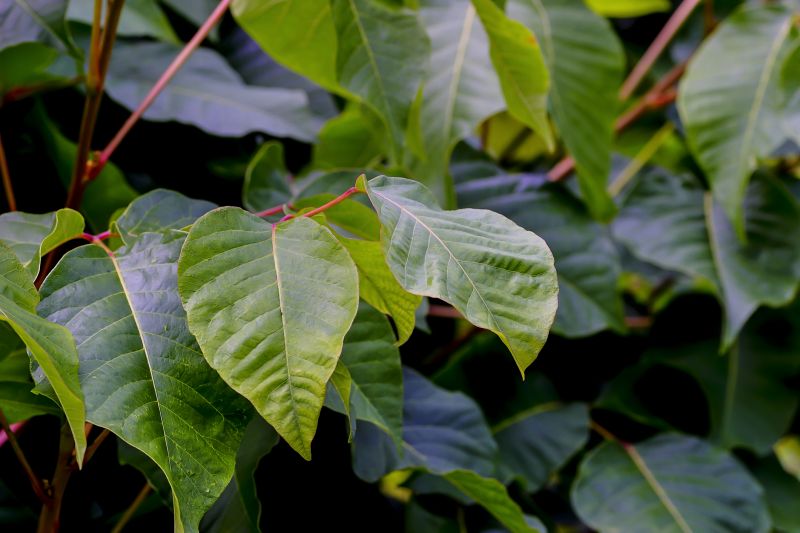
Early season removal prevents extensive growth.
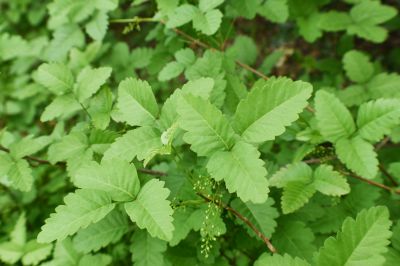
Requires careful handling due to dense foliage.
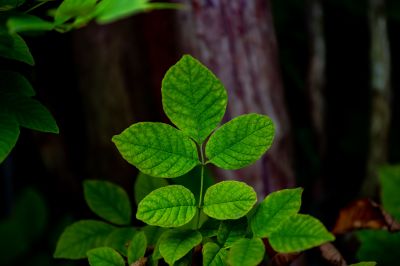
Effective as plants prepare to enter dormancy.
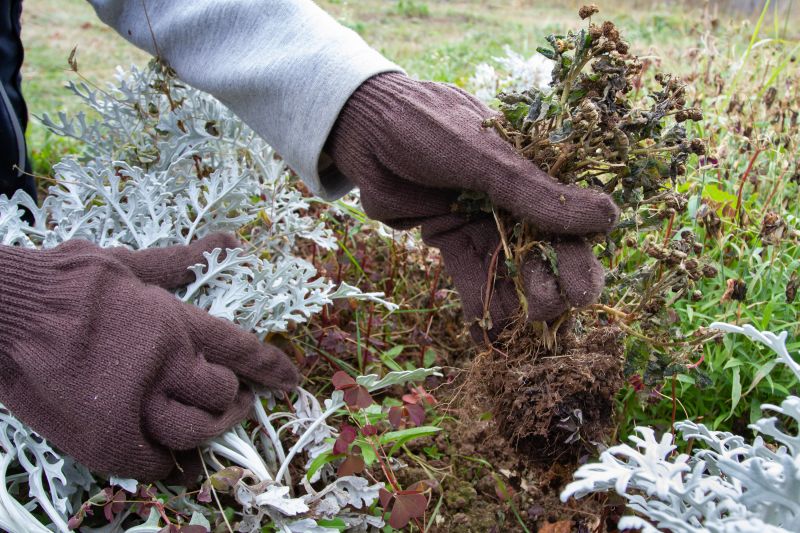
Ideal for safe and thorough eradication.
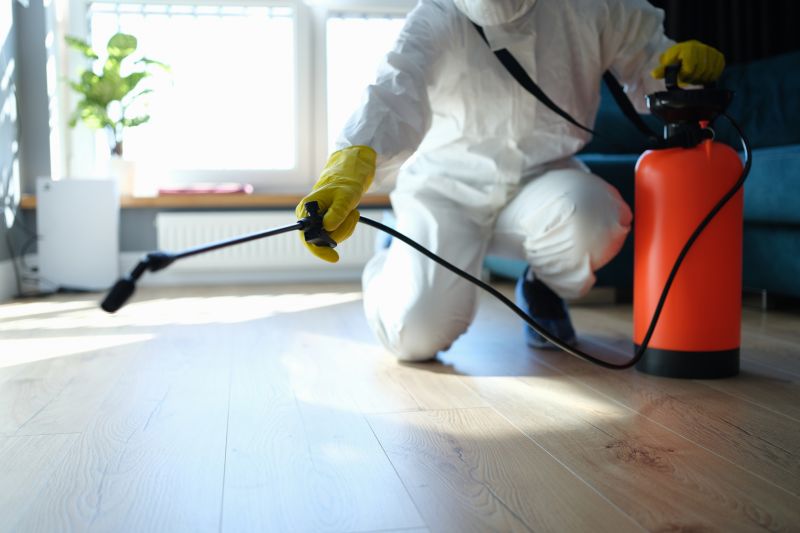
High-end options that actually feel worth it for Poison Oak Removal And Controls.
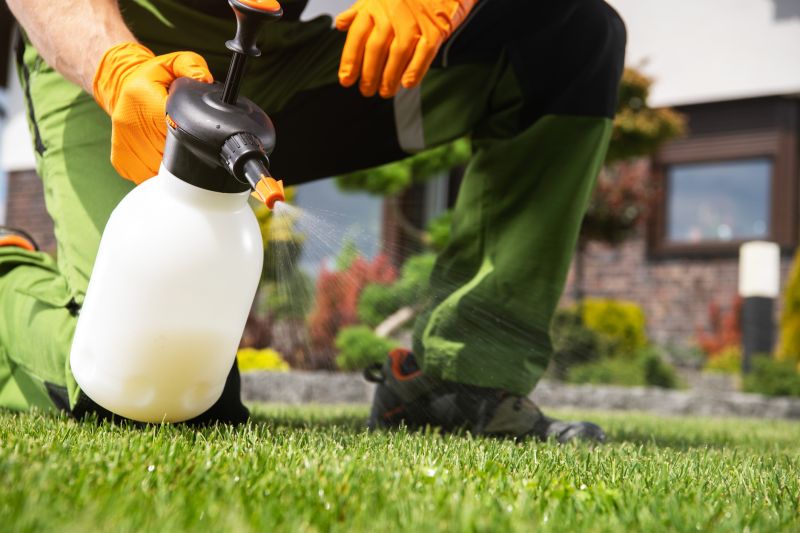
Finishes and colors that play nicely with Poison Oak Removal And Controls.
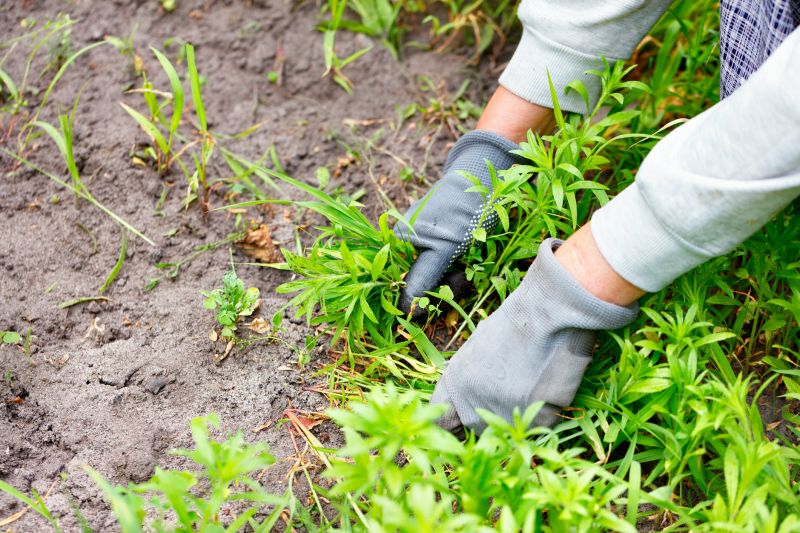
Little measurements that prevent headaches on Poison Oak Removal And Controls day.
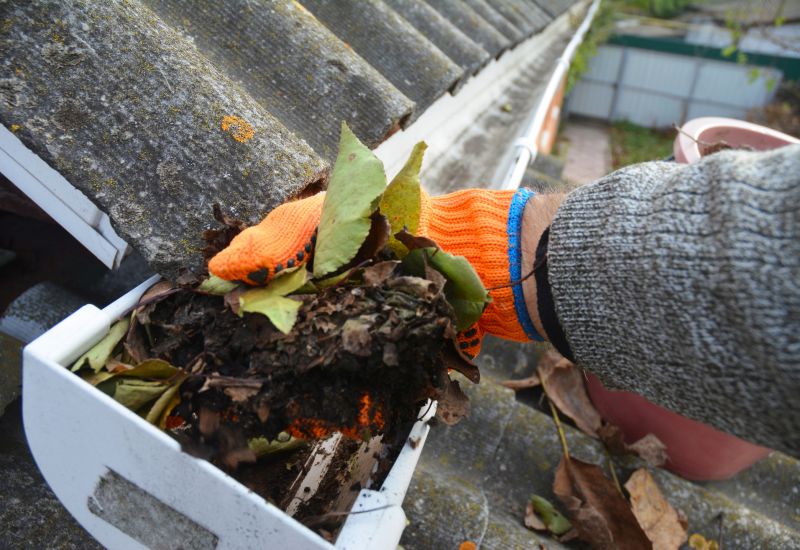
A 60-second routine that keeps Poison Oak Removal And Controls looking new.
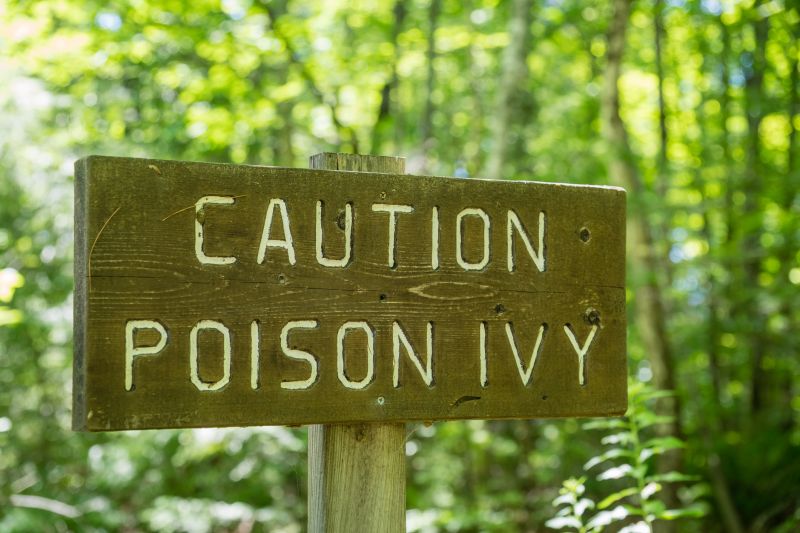
A frequent mistake in Poison Oak Removal And Controls and how to dodge it.
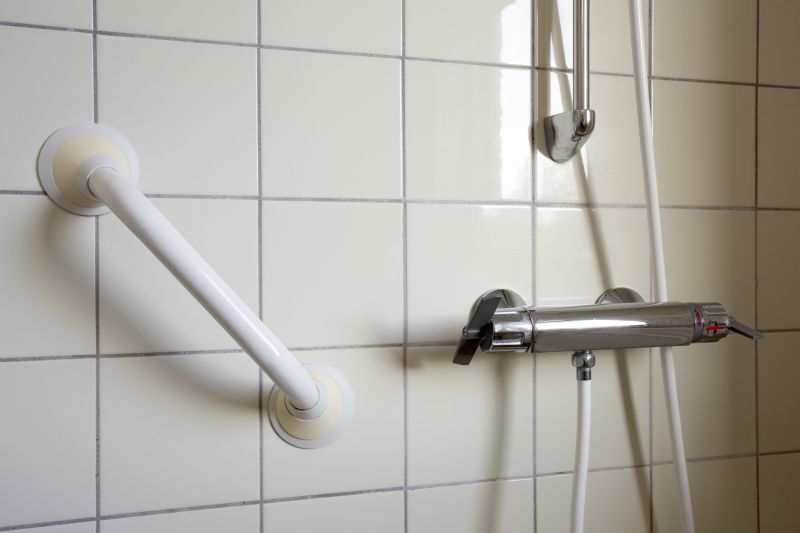
Small tweaks to make Poison Oak Removal And Controls safer and easier to use.
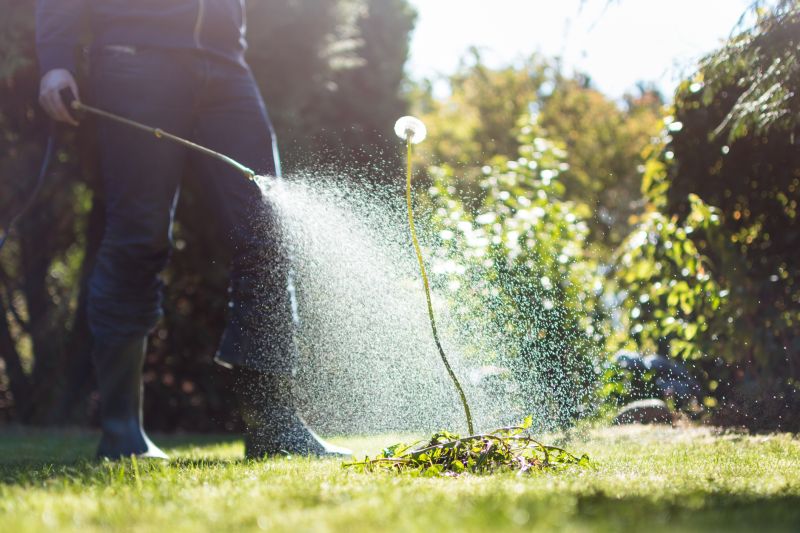
Lower-waste or water-saving choices for Poison Oak Removal And Controls.
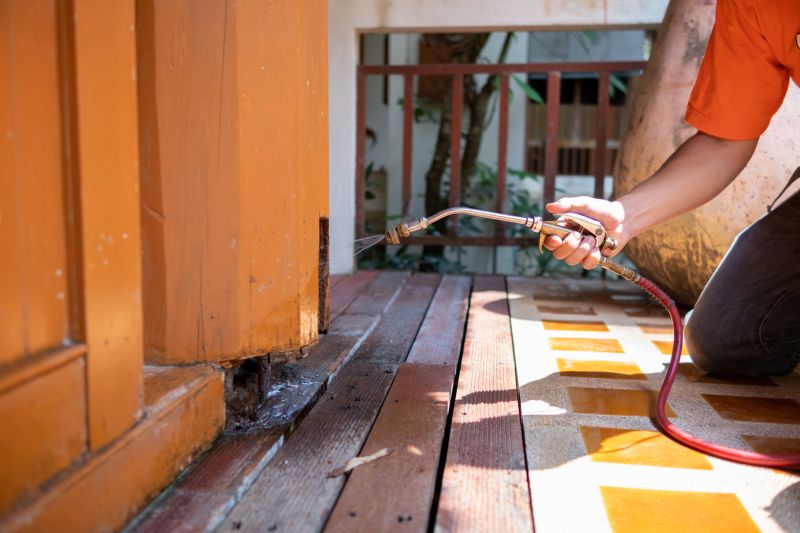
The short, realistic tool list for quality Poison Oak Removal And Controls.
Effective poison oak control depends on understanding plant growth cycles and implementing removal strategies at optimal times. Proper scheduling can lead to more comprehensive eradication and reduce the need for repeated treatments.
Interested in poison oak removal and controls? Filling out the contact form can provide access to professional guidance tailored to specific site conditions and plant growth stages.
